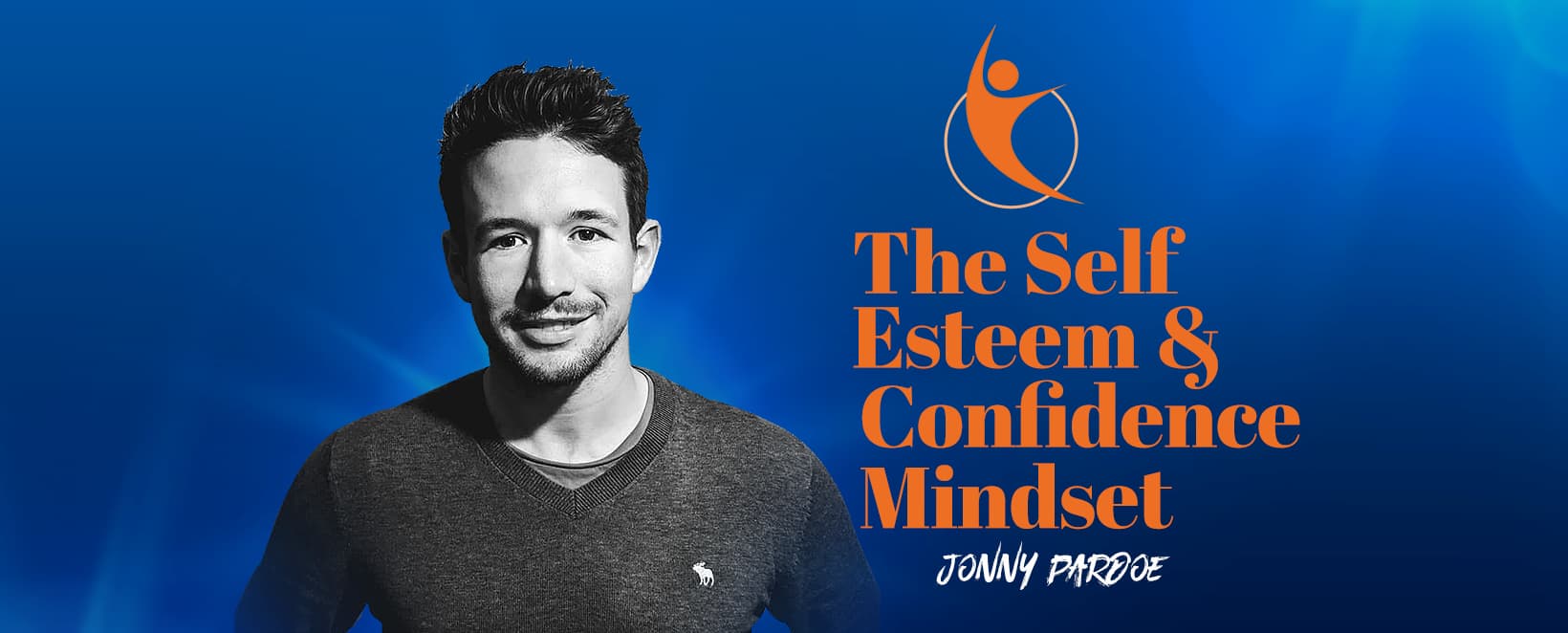‘Change your habits, change your life’
Who said that originally? I’m not sure actually, I’ve just Googled it but couldn’t find it.
What does it mean? Well by the end of this blog, I’ll give you some insight into how habits have shaped the great in my life and can help you triumph in yours too. I’m obsessed with habits, why? Because habits are what we do every single day, and what we do every single day is what makes us.
Habits are extremely important to be aware of right now in these coronavirus times too. I’m sure you’ve seen plenty of crazy behaviour as have I. What’s interesting to note though is that although some people are mentioning how worried and anxious they are (which is completely understandable!) they still continue habits such as constantly posting on social media and listening to bad sources of news or speculation… arguably things that could worsen their worry.
Types of habits: Good and Bad
So let’s begin with types of habits.
● Good habits
● Bad habits
So what is a good habit and bad habit? People are going to have different opinions on different habits, I’ve discussed with different people before.
Generally though, in my view, a good habit is something that supports your goals and well-being and a bad habit is something that doesn’t. I’m going to outline some examples / stories below for how habits support you or not. The aim is that this will help you increase your awareness of what is or isn’t working for you so you can conquer your days even in these challenging times.
Some good habits for well-being and goals
I was up at 6AM this fine morning and I have been all this week. I’ve been up with a morning routine consisting of gratitude, breathing exercises, visualisation and then working on my coaching qualification or upcoming speeches. I’ve been eating relatively well and getting some fresh walks / runs this week (obviously being careful on what I touch and to wash my hands) but I feel incredible. I know these things support my goals both good and bad.
Let’s use an example of someone else…
Thomas Edison…. Didn’t know the bloke personally… not sure why I said that, but I am hoping you’ve heard of him. If you have not Mr Google is still in operation. Thomas Edison failed to make the light bulb work 1000 times. 1000 times! He had a habit of consistently dedicating himself to his work and his goal though. This eventually gave him success.
Some bad habits for well-being and goals
If you’ve not guessed it these are the types of habits that personally for you, do not help well-being and goals.
For me in the last year I’ve had some setbacks, where when I’ve applied good habits for me I’ve managed to get back on track but there have been times I’ve made things worse for myself with bad habits. I now know things like too much social media, too much vegan junk food, too much drinking on a night out or keeping thought bottled to myself do not support either my well-being or goals. When I started adding this to my journaling and talking to people about this, my self awareness increased and I was able to reduce these bad habits.
Another example I can think of was a friend of mine who wanted to lose some weight. The individual asked me for some advice, he had been doing quite well but would say sometimes when stuck in his flat with a load of snacks would give into temptation and always end up eating them. My advice was to remove them and just buy treats on a treat day. The bad habit was eating bad foods every day not consistent with the goal, but by increasing that self awareness and admitting it my mate was able to take action and then continue on his goal of losing weight.
How to implement habit as simple as possible?
Self awareness
Journal down what your goals are and what you want to feel like. Especially focus on the feeling, if you are like most humans the chances are you want to be happy and fulfilled. Then look at your habits you currently do, the main ones and ask yourself:
‘Do these habits support my goals and well-being?’
If the answer is yes fantastic but if no then look at re planning.
Then ask…
‘Are there any other habits I need to do to support my goals and well-being?’
If the answer is yes to this then start looking to plan them in, in the next step.
Habit planning
You will want to make habits as easy as possible to create or change. I learnt a lot about this in Rob Dial’s course ‘Habit Mastery’ which I would highly recommend if he offers the course again. So plan 2-3 habits you would like to do and 2-3 you would like to change.
Examples of adding in habits: 5 minutes of meditation a day, asking someone how they are everyday, 5 minutes of journaling a day.
Examples of changing habits: reducing social media usage from 3 hours screen time to 1.5 hours screen time, eating whole foods only weekdays.
Those are just examples and yours may be entirely different.
Habit challenge / implementation
Aim for completing the habit challenge for a minimum of 60 days total. Why these numbers?
It’s believed around 60 days is what it takes for a habit to become automatic. There has been debate in the past between 21,30, 60 or even longer. However I’ve found that when I’ve done something for 60 days it’s helped my behaviour become automatic. New neural connections are formed in the brain to make habits automatic. But to make it easier aim for 20 days at a time and reward yourself for each 20 days you get by. When you reward yourself with something you are telling the brain it is doing something right. You can even do smaller rewards every day for completing a habit, I was giving myself a couple squares of dark chocolate for completing my habit challenges daily.
In terms of existing habits these are connections formed in your brain but as you change them you will reduce the connections in your brain more and you will be less likely to do them. Also reward yourself for changing a habit after a certain interval can help too.
I would reward myself with a day trip somewhere or a new shirt. It doesn’t have to be big though you could reward yourself with a day off or a food treat.
Conclusion
It’s really important you become aware of your habits especially in these current circumstances. Ask yourself what is helping you feel more at ease and what is not? Start journaling and setting yourself challenges to change habits. Reward yourself for achieving habit challenges.
At the end of the day this may be a bit of work but you are doing it for you. Why would you not want to do everything possible to create a happier you?
Jonny Pardoe © March 2020
http://example.com
Facebook, Instagram, LinkedIn, YouTube, Spotify, Apple Podcasts, Anchor and Amazon:
Jonny Pardoe
Photo by destiawan nur agustra from Pexels


